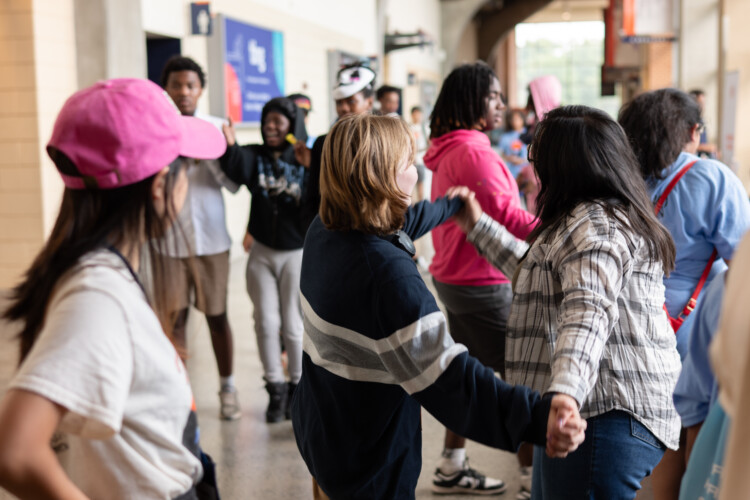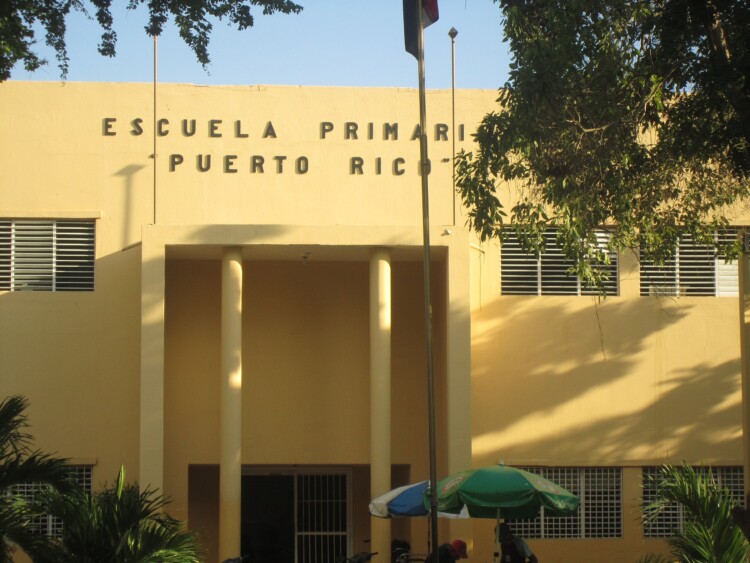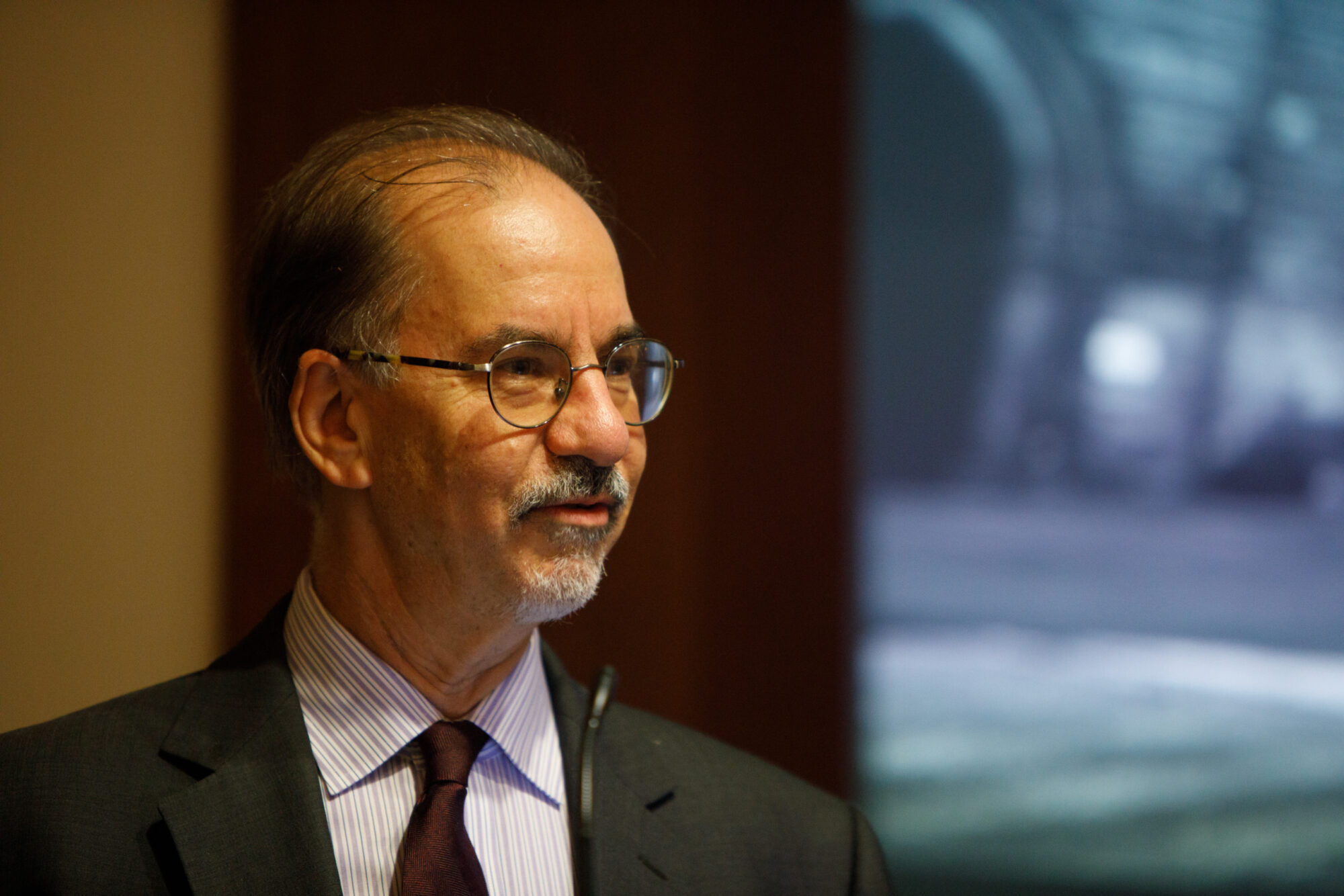Commissioned by the Transforming Evidence Funders Network and facilitated by The Pew Charitable Trusts, a new report describes the growing momentum behind university reforms that encourage faculty to conduct collaborative research with community partners and decision-makers outside the university.
In Promising Efforts to Broaden Faculty Reward Systems to Support Societally-Impactful Research, authors Emily Ozer, Jennifer Rennick, Bruce Jentleson, and Bemmy Maharramli detail promising institutional changes taking place at universities around the country. These include department-, campus-, and university system-wide reforms to faculty tenure and promotion processes; formalized structures to implement expanded faculty reward systems; capacity-building, training, and funding to advance faculty’s engaged scholarship; and infrastructure supports for public-engaged scholarship.
Having analyzed efforts at 13 universities and 10 disciplinary organizations, the authors highlight the significant role of research funders, associations, and publishers in advancing societally-impactful scholarship. Ozer and colleagues write that these groups can support the difficult and often unfunded work of institutional change, including strategy and coalition development, as well as the implementation of policy or structural reforms. Funders can also influence incentive systems in universities by rewarding faculty for excellence in research that pursues social impact through collaborative partnerships.
These findings and suggestions are particularly salient to our Foundation. In our view, the reforms outlined by Ozer and colleagues are vital to encouraging research that can make a difference in the real world. To spur this work, in 2017 we launched the Institutional Challenge Grant program, which awards grants to research institutions that commit to structural change. Specifically, the program supports university-based research institutes, schools, and centers in building sustained research-practice partnerships with public agencies or nonprofit organizations in order to reduce inequality in youth outcomes.
It was not guaranteed at the outset of the program that institutions would be willing or able to evolve in ways that encourage faculty to engage local agencies. For one, faculty research that explicitly addresses local decision-making or problems of practice is traditionally counted as service—not research—in faculty tenure and promotion decisions. But behind the Institutional Challenge Grant is our belief that this division is false. As we’ve written, “Researchers who want their work to matter in policy and practice should begin by identifying the questions of greatest relevance and then bring the highest standards of theoretical and methodological rigor to those questions.” Said plainly, engaged scholarship is research when it involves the construction of new knowledge.
As this new report demonstrates, we are witnessing substantial progress toward the types of change required to spur rigorous and relevant research that contributes to a better society. When it comes to encouraging research institutions to value engaged scholarship, we are riding a wave, not trying to move a mountain. Thanks to funding partners including the Spencer, Doris Duke, and Bezos Family foundations, as well as the American Institutes for Research, a total of 16 research institutions are building partnerships with public agencies or nonprofit organizations to reduce inequality in youth outcomes. Moreover, they are shifting their policies and practices to sustain this work for years to come. Perhaps the wave hasn’t crested just yet.










